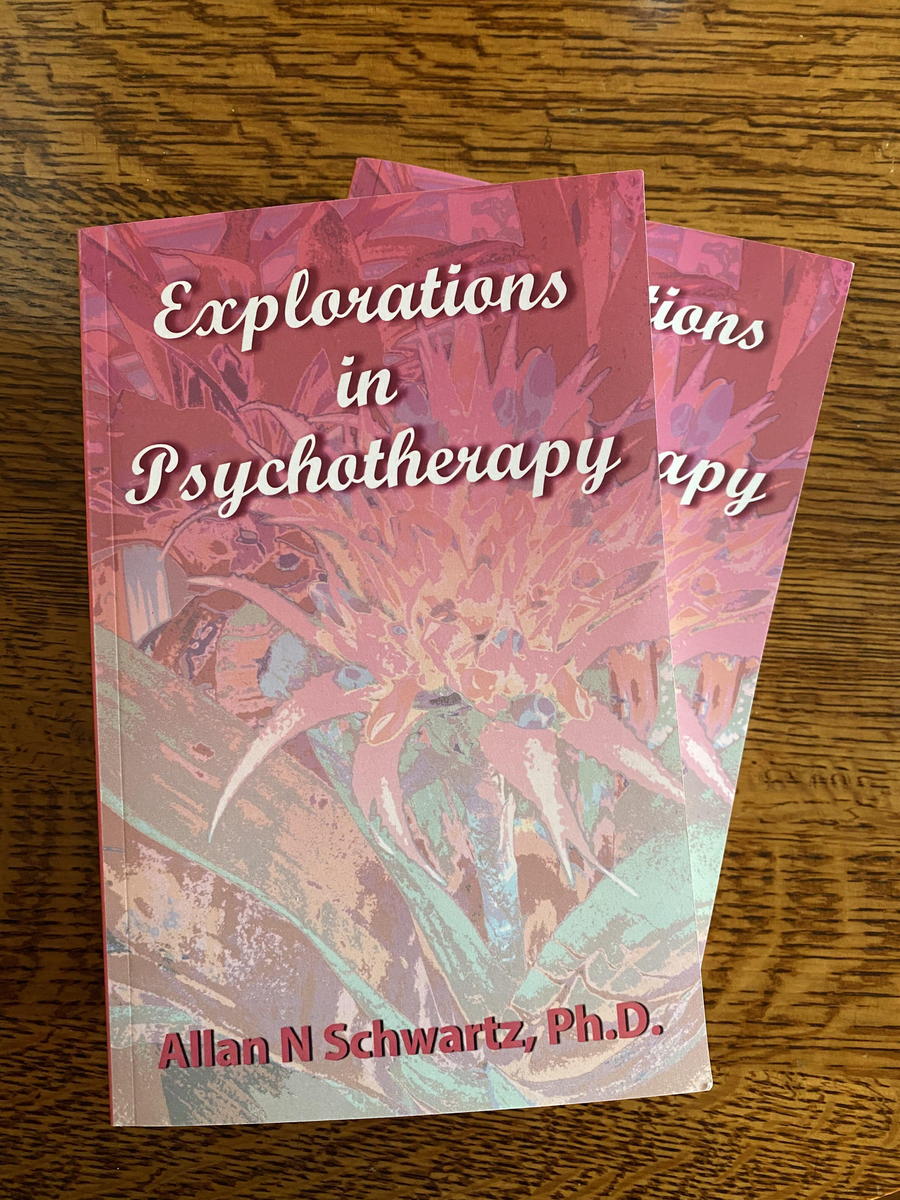The Fear of Emotional Intimacy
 It is interesting that two people can be married and live together for years yet, not be emotionally intimate. In that situation, both people have committed to each other, but that differs from intimacy.
It is interesting that two people can be married and live together for years yet, not be emotionally intimate. In that situation, both people have committed to each other, but that differs from intimacy.
What is emotional intimacy?
Emotional Intimacy is the ability to share the most profound feelings with one's partner. That includes sharing love, passion, creativity, laughter, and joy. It means allowing one's partner to know the deepest secrets and the most hidden parts of oneself on a deep level. Emotional intimacy is such that one no longer feels lonely. Yet, there are countless numbers of people who feel lonely and unhappy despite marriage. Two people may live together for many years but feel like total strangers.
One of the prime reasons for this is the fear of intimacy. Commitment is the decision two people make to stay together. Still, intimacy is the ability and willingness to be open and honest. It is a closeness that is both sexual and emotional. But, of course, some individuals fear and avoid intimacy if they avoid commitment.
How do you know if either you or your partner fear intimacy? I get many email questions that represent problems with emotional intimacy. For example, people write to me complaining that their partner, during an argument or disagreement, gives the "silent treatment." Silent treatment is the refusal to acknowledge or communicate with one's spouse. Another complaint is that the spouse reacts to any disagreement by leaving the room. In this, there is a refusal to argue, disagree or talk about much of anything.
There is nothing more frustrating than to be with a person who refuses to deal with an interpersonal conflict. Keeping secrets is another example of a lack of intimacies in a relationship. Secrecy is the opposite of openness and honesty with one's spouse. Often, those who keep secrets do not view their partner as their best friend. Finally, real intimacy means that two people can empathize with the feelings and stresses their partner is going through.
People avoid intimacy for various reasons that usually lie in their experiences. The first and most potent relationship experience begins during childhood. Children who grow up with physical and emotional abuse emerge into adulthood with problems of trust in others. Many of them may avoid commitment and intimacy for fear of being abused and hurt again.
Then, too, parents who were too controlling and intrusive produce children who learn that getting too close to others may be too oppressive. So, again, there is a fear of being controlled and engulfed.
The absence of one or both people's ability to show empathy and understanding for their partner is a sign of intimacy problems. A symptom of a problem is a chronic wish to be right all the time rather than learning. Relationships rest on a foundation of willingness to compromise, understand what the other is feeling, and an ability to be flexible and change for the sake of the other.
Dr. you can reach Schwartz at his email address: [email protected] if you have questions or want to schedule an appointment.
